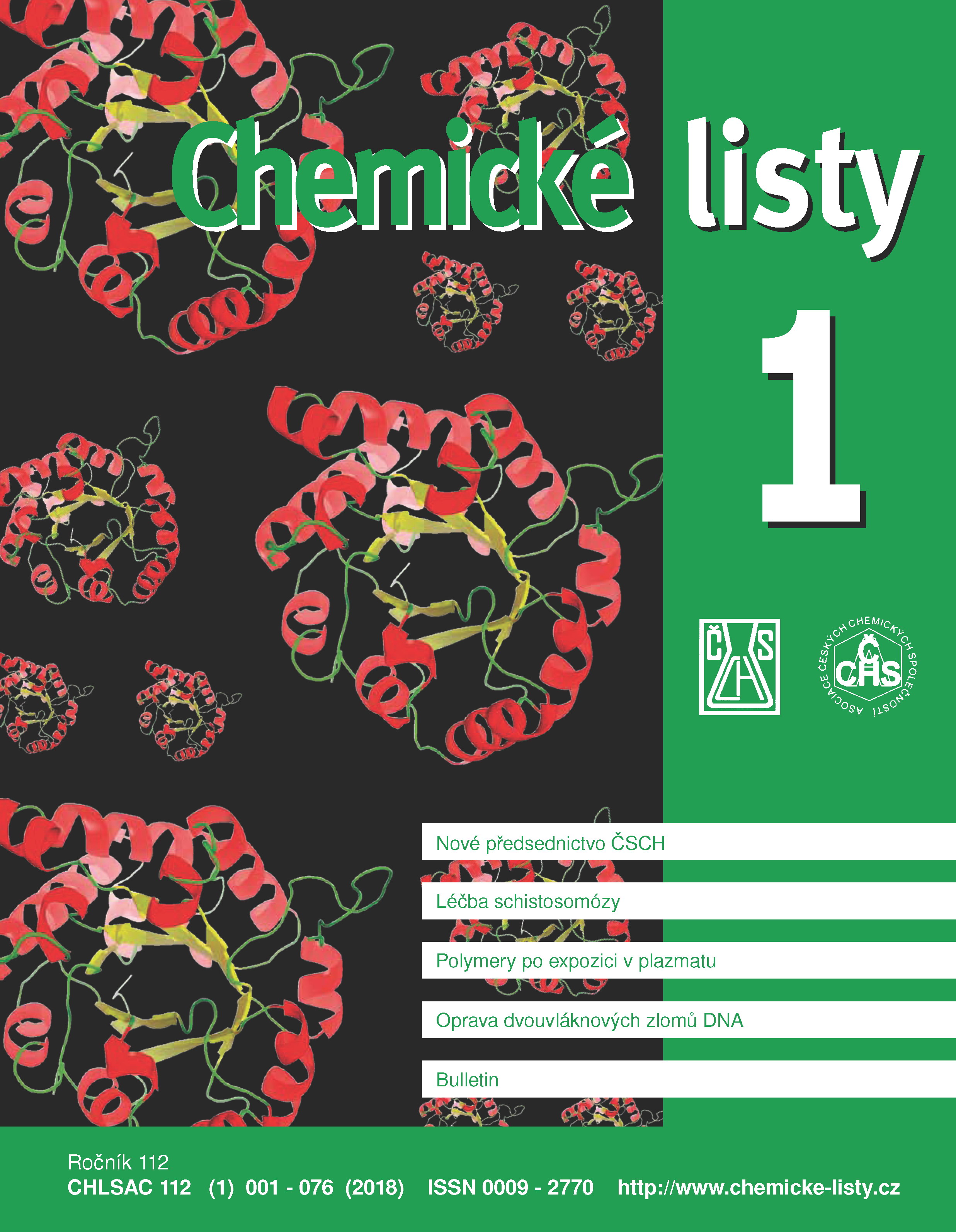Importance of Trace Metals in Therapy of Chronic Obstructive Pulmonary Disease
Keywords:
chronic diseases of the respiratory system, chronic obstructive pulmonary disease, trace elements, selenium, manganese, zinc, copperAbstract
Chronic obstructive pulmonary disease (COPD) is a slowly progressive, largely non-reversible pulmonary disease that is characterized by airflow limitation. The disease encompasses multiple structural and functional components, but inflammation is at the core of the disease affecting both the lungs and other organs. A number of studies have shown an increased oxidant burden and consequently increased markers of oxidative stress in the airspaces, breath, blood and urine in patients with COPD. The presence of oxidative stress has important consequences for the pathogenesis of COPD. Excess reactive oxygen species (ROS) production is regarded as one of the causes of COPD, as it is known to damage tissues. As for antioxidants, there are various enzymes eliminating overproduced ROS. Superoxide dismutase (SOD) can be classified into copper/zinc-SOD (CuZn-SOD), manganese-SOD (Mn-SOD) and iron-SOD (Fe-SOD), depending on differences in metals that are necessary for the activity. Trace elements such as Zn, Se, Mn, Cu and Fe are considered to be essential for living organisms, and their supplementation effectively suppresses oxidative stress, inflammation and fibrosis, suggesting that the essential elements can potentially be used as therapeutic agents in the treatment of pulmonary inflammatory diseases. Trace elements concentrations in COPD patients are related to the role of each of the elements in the immune system.





